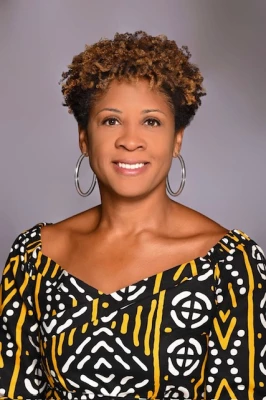Good news for those taking the CPA exam: When CPA candidates pass the first section of the exam, they will be given an additional year to conquer the remaining three sections without losing credit. That’s because the board of directors of the National Association of State Boards of Accountancy (NASBA) approved an amendment to the Uniform Accountancy Act (UAA) Model Rules on April 21 that provides CPA exam-takers a rolling 30-month period to finish the other three sections of the exam, up from 18 months.
But here’s the bad news: This rule change has no immediate effect on the individual state boards of accountancy—meaning that each one would have to adopt the extra 12-month period before it takes effect in their state. So, current CPA candidates remain under the existing rules until the state board of accountancy to which they applied approves the test-taking extension.
The NASBA noted that disruptions from the COVID-19 pandemic, a dwindling accountant pipeline, and increased workloads at accounting firms necessitated that changes be made to UAA Model Rule 5-7. Since the AICPA changed the exam from paper-based to computer-based in 2004, candidates have had a year and a half from the date of passing the first section of the exam to complete the remaining three sections without losing credit—known as the “conditioning” rule.
“Providing an additional year of conditional credit to candidates for exam sections passed provides more flexibility to those seeking licensure as a CPA,” NASBA President and CEO Ken Bishop said in a written statement. “The additional time also provides greater latitude to firms and candidates as they negotiate the demands of today’s complex career environment.”
Over a 60-day comment period leading up to the adoption of the new rule, more than 850 respondents provided input to an exposure draft issued by NASBA’s Uniform Accountancy Act Committee. Comments were received from a broad representation of stakeholders, including state boards of accountancy, state CPA societies, CPA firms, licensed CPAs, educators, and students, according to NASBA.
There was a proposal to extend the credit period by an additional 24 months, but the NASBA board instead elected to approve a 12-month extension to 30 months.
In addition, recent revisions to the CPA exam indicate that score delays may occur when significant updates are made to exam content and structure. The approved rule seeks to provide uniformity among jurisdictions on the timing of granting exam credits, which also has the benefit of providing relief to candidates when those delays happen, NASBA said.
The AICPA and NASBA are in the process of transforming the CPA licensure model—an initiative called CPA Evolution—to recognize the rapidly changing skills and competencies the practice of accounting requires today and will require in the future.
A redesigned CPA exam, which will launch on Jan. 1, 2024, places a greater emphasis on technology and analytical skills, as well as on tax, accounting, and audit.
News of the additional time to pass the CPA exam spread like wildfire on LinkedIn yesterday, with many people praising NASBA for the rule change.
“While this is shorter than the 36-month window Dr. Sean Stein Smith DBA, CPA, Dr. Josh McGowan, CPA, Julie Ravenscraft, PhD, CPA, and I openly called for, it’s a welcomed sign and will allow #cpa candidates to finish their exam journey if life gets in the way and they need more time to complete their remaining sections,” wrote Jack Castonguay, PhD, CPA, a vice president at Surgent Accounting & Financial Education and an accounting professor at Hofstra University. “Bravo NASBA. If you want an extra 12 months to complete your exam or want others to benefit and increase the pipeline, contact your state board and let them know you support the NASBA amendment and want them to adopt it in full.”
“As one who is currently in the droves of testing this is huge. I will still aim for completion in the 18-month window just for bragging rights but man! Crazy news in the accounting world,” wrote Jacob Giroux, a tax accountant at Axley & Rode who is pursuing his CPA.
“Accounting has historically been pretty slow to react to some of the changes in industry but it’s good to see that it’s still evolving,” wrote John Ikosipentarhos, CPA, co-founder of Zeroed-In Consulting. “All of this is great news and hopefully the first of many as we continue to solve the candidate pipeline issues.”
Thanks for reading CPA Practice Advisor!
Subscribe Already registered? Log In
Need more information? Read the FAQs
Tags: Accounting




